Collection
Impact at Scale Toolkit
View more from this collection
Sign up to our member-only fortnightly newsletter, Snapshot.
Discover the latest funding opportunities, jobs, news and insights from Global Schools Forum and the wider non-state education sector.
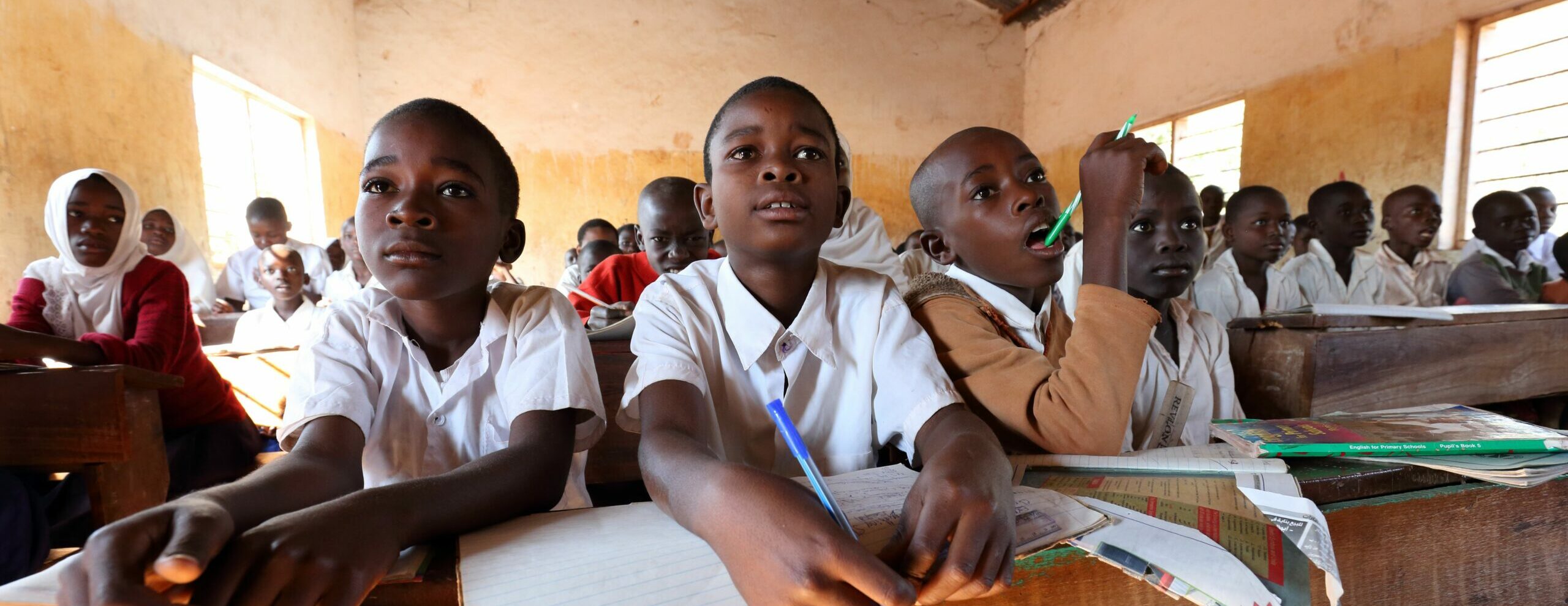
Latest Resources
View all resources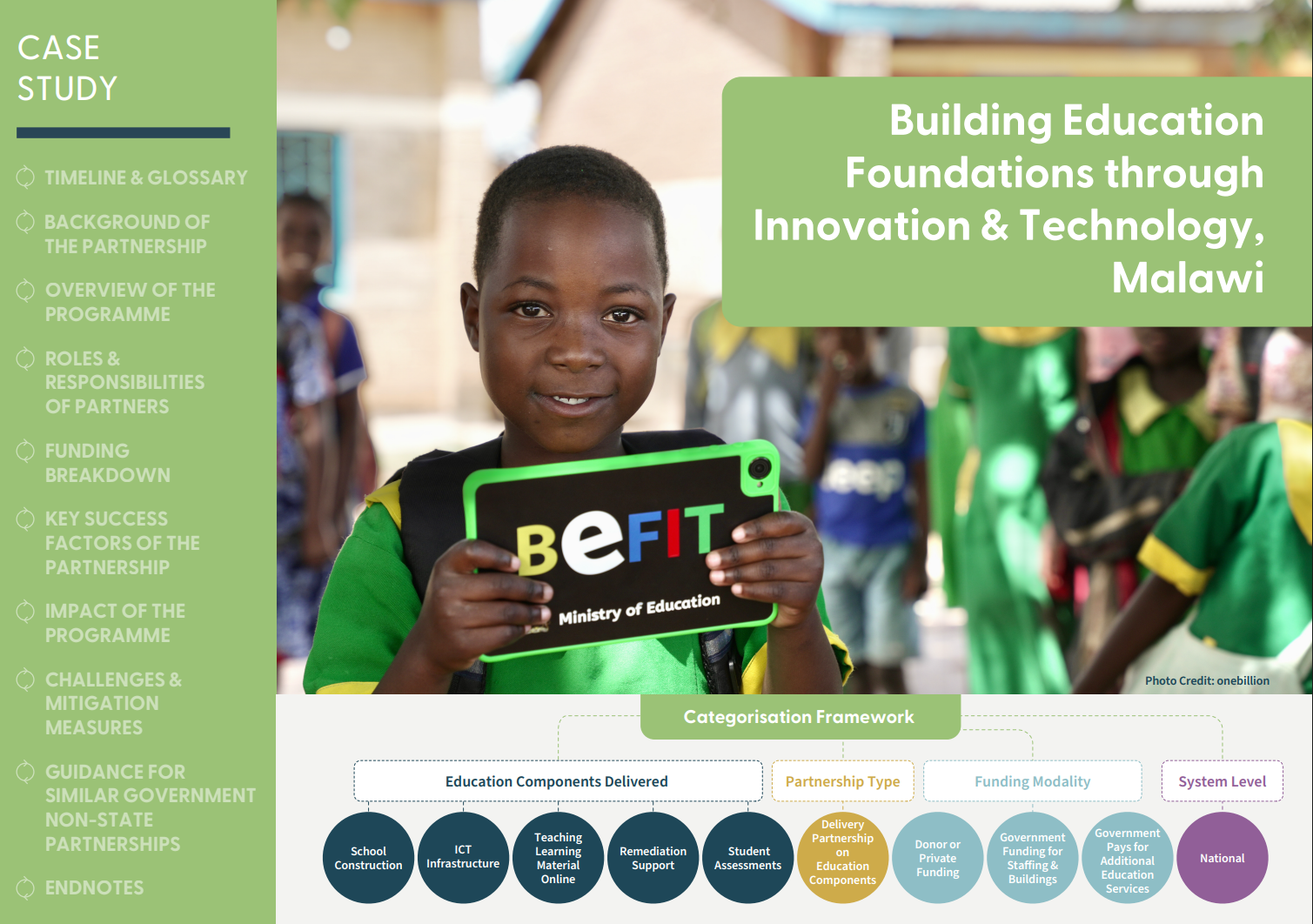
Building Education Foundations through Innovation & Technology, Malawi

Case Study
December 2025
753 KB
Explore a case study on how the Malawi Government, in partnership with Imagine Worldwide, onebillion, and VSO, uses digital tools to enhance foundational literacy and numeracy for Grades 1–4.

Moldova’s National Programme for Childcare Services Case Study

Case Study
September 2025
4 MB
In this case study, you will see how , in just 18 months, Moldova’s National Programme for Childcare Services has transformed access to early years care, tackling child poverty, boosting women’s employment, and creating inclusive childcare models.

Simple Education Foundation, New Delhi, India

Case Study
August 2025
3 MB
Simple Education Foundation (SEF) and the State Council of Education Research and Training (SCERT) in Delhi, India partnered to reform in-service teacher development and strengthen state capacity for teacher support.

Growing Sustainably Toolkit Templates

Template
August 2025
301 KB
Many centres face financial instability, short-term funding, and operational challenges during emergencies threatening their ability to cover core costs. These practical templates include actionable tools, templates, and real-world examples designed to make the toolkit accessible and useful for practitioners working on the ground.
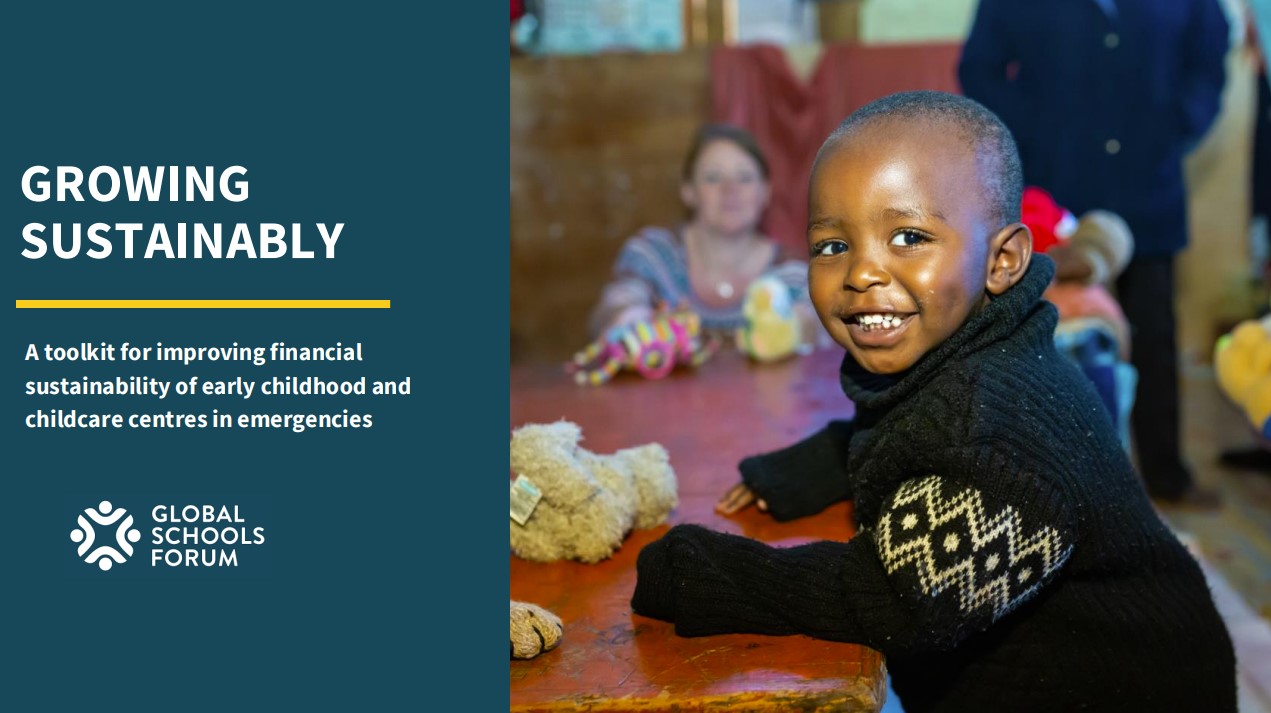
Growing Sustainably Toolkit

Toolkit
August 2025
4 MB
Many centres face financial instability, short-term funding, and operational challenges during emergencies threatening their ability to cover core costs. This practical toolkit offers guidance on revenue generation, financial planning, and management practices to strengthen the financial sustainability of ECED/childcare centres in emergencies.

Exploring Outcomes-Based Financing in Education

Video
July 2025
This video is the third webinar in a series for the Government & Non-State Partnerships Evidence Hub. Watch the webinar to understand more about outcomes-based financing in education.
View our toolkits and evidence hubs

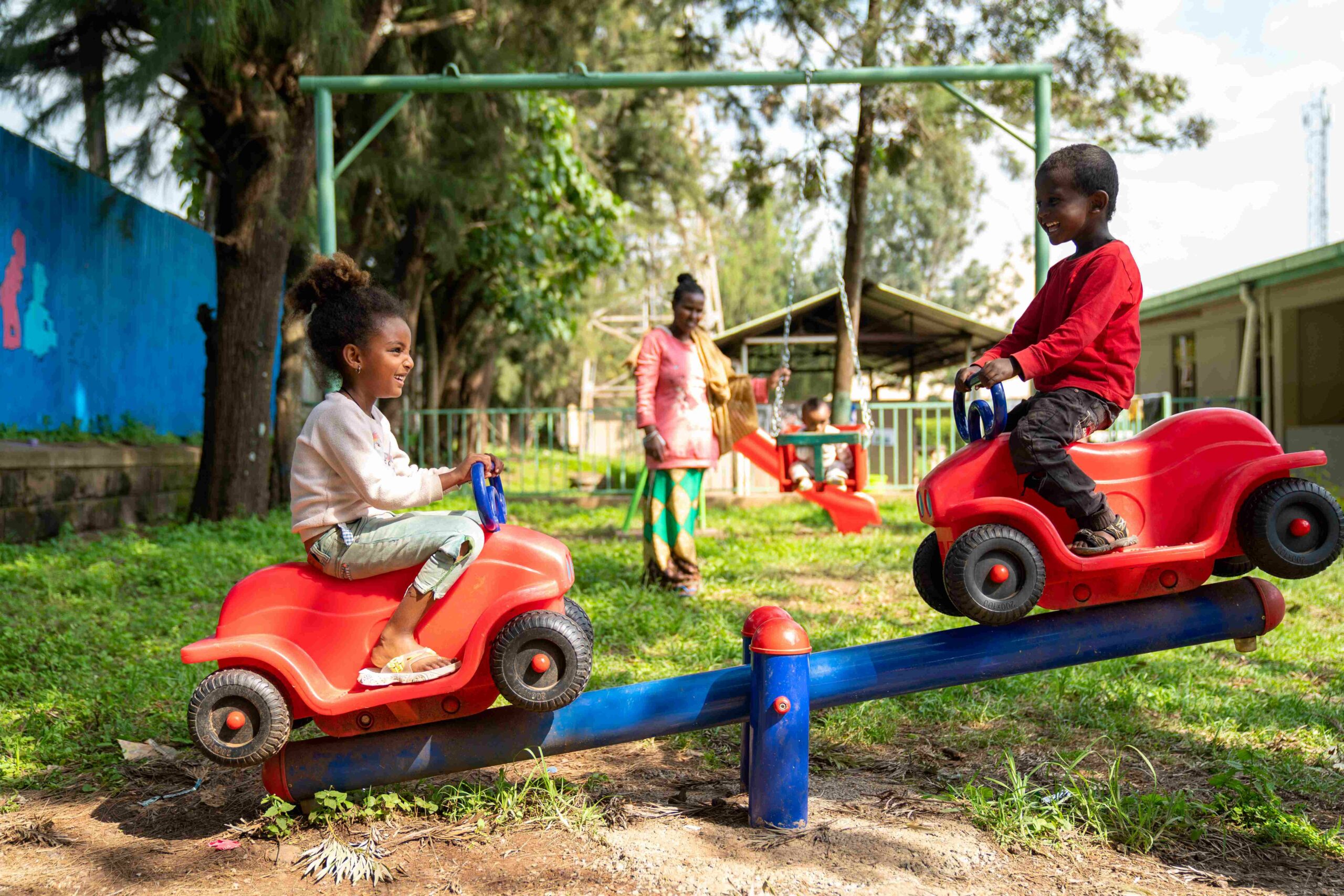
Collection
Early Childhood Education & Development in Emergencies Evidence Hub
View more from this collection
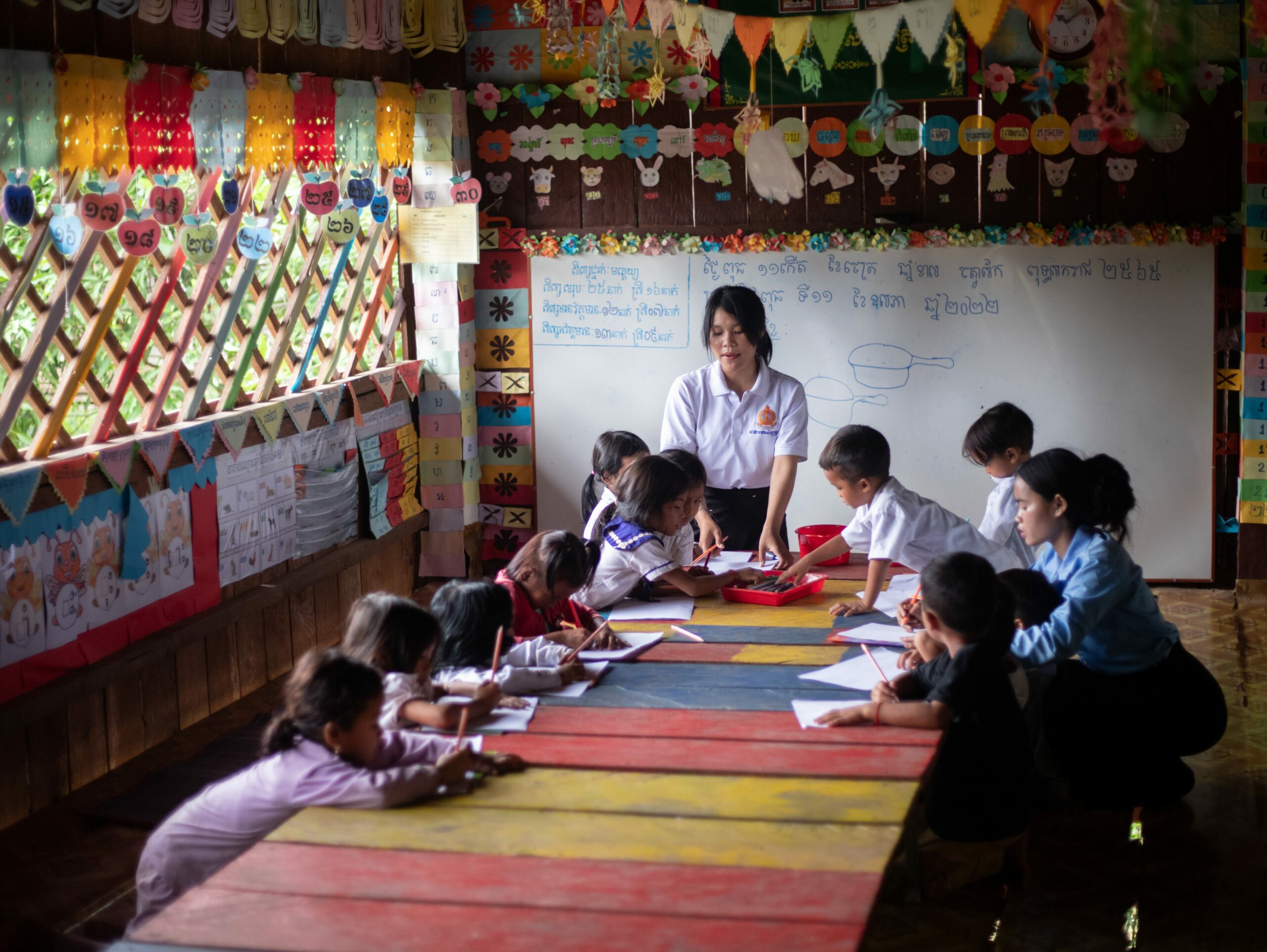
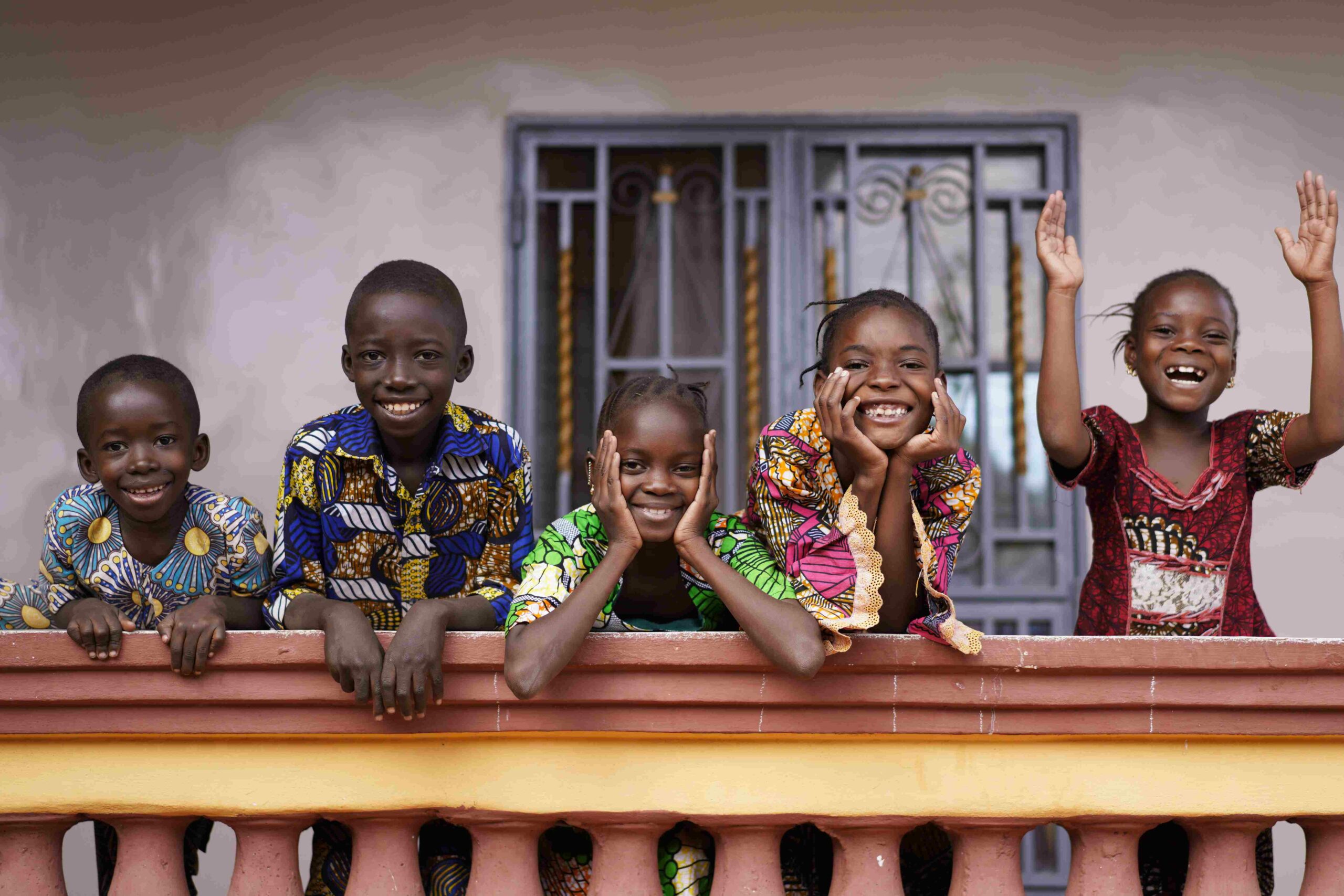
Discover our full resource directory
Discover by type
Discover by Education Phase
Search for a resource